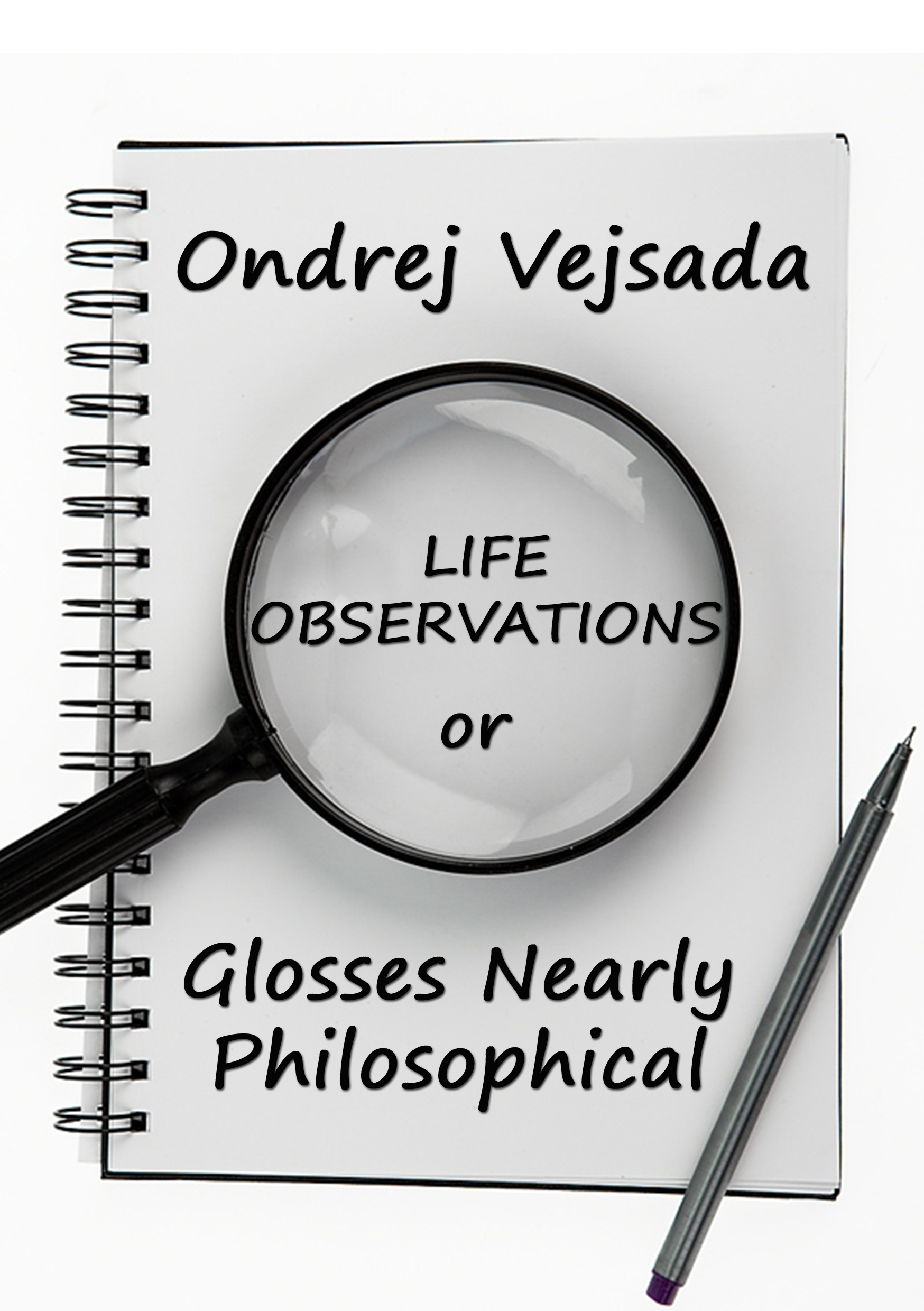
What to do about it or what solutions are there?
This book is intended as a fictionalized record of my observations and findings – so please don’t expect me to give you any specific instructions. Besides, we are each original and so something different works for everyone. After all – I have already described many of the more general principles and this may guide you. In short = go with your feelings and you won’t be disappointed in life again.
But to satisfy those of you who want more specific advice after all, I’ll describe a bit about what works for me. Do you want? 😉 Okay then 🙂
For a long time I found Silva’s method of mind control to be the most amazing, but then (via Don Miguel Ruiz, Jarda Dusek, Rhonda Byrne and Eckhart Tolle among others then) I discovered Karel Nejedly and his RUŠ Method. It is not my ambition now to retell here something that is perfectly elaborated in the book „I have it differently“, in many videos and especially in many regularly organized courses. I will, with your kind permission, continue in „my“ spirit, i.e. in the postcuts, and so I will try to describe one of the many aspects I appreciate about this method – and again for those who are curious = I have neither heard nor read this anywhere, so it can be said with a bit of exaggeration that this passage is somehow „new“ and in a real sense „mine“.
There are many methods and they are effective, each one a bit different. What I appreciate the most is that the RUŠ method is in my eyes „the Czech way“. I will explain. I perceive our nation as great pessimists and negativists – there are exceptions to everything, of course…I am now talking about the overall perception and lumping us all together, you are right 🙂 But I definitely have it confirmed by many examples that it is very difficult for us to learn to think positively, to speak positively, to see nice things – we are simply too focused on the „bad“, the negative. And as I already mentioned, when we force ourselves, push ourselves into the positive, we usually have negative feelings about it and that’s why (again, mostly) we don’t get results – although actually yes, the negative ones = exactly according to our feelings, according to which the law of attraction works, i.e. not according to words, but we already know that, don’t we? 😉
Again, one more such analogy that will hopefully confirm that it is as I say. You know, I don’t want to go into an analysis of the linguistic differences with English, but it is true that it is after all more „positive“ than our language by the structure of its grammar – see for example the impossibility of using two negatives in a sentence, etc. It’s just a small thing that underlines the difference between our worlds. I see the two nations as almost two opposites – for we go directly from language to mentality. So I can vividly imagine a little American, let’s call him John for example. He is in the American football club and has his first game to play. His family is unfeignedly, if overly, proud of him. John gets on the field and messes up everything he touches – how else, right? 🙂 Still, his father calls out to him something to the effect of, „It’s okay, Johnny! You’re doing great. I’m proud of you!“ And now imagine a Czech Honzik who goes to soccer in our country. Same situation, but what does his father call him? „Well, that’s impossible. It’s a gut! That’s not even my son! Try harder, you clog!“ Do you understand? That’s why we’re not very good at being positive. And since the RUŠ method was invented by a Czech, it’s exactly the other way around. There’s no need to force yourself to overwhelm the negatives with positivity. It is necessary to find (preferably exactly) what the negations/blocks/programs are. Remove/turn off/delete them and then only the positive will naturally remain = how brilliant, isn’t it!
And yes, you’re right – it’s actually a way to do the same thing, just the other way around. Just a perfectly workable way in my eyes. It really does work, that being positive always works – except for the HIV test, but otherwise always! 😉
Stupid comparison to therapy:
„That’s terrible, I don’t have a hat.“ I listen to him and then say, „I have two hats, I’ll give you one.“ „Oh no, that’s too bad,“ he replies. „Okay, fine, you don’t have to take it“, I respond. And the next day I talk to him and he says, „It’s terrible, I still don’t have a hat!“
I have the option of forcing it on him, or directly „aggressively“ bringing it to him and giving it to him without asking – I assume he wouldn’t like it because he didn’t want one and would still have the problem of whether he should wear it so as not to offend me or whether it’s stupid to throw it away if he doesn’t want it… There’s nothing to be done – it’s his decision, I have a hat, he doesn’t – we’ll see how the situation develops…
And a nice overheard motto at the end = we go to therapy because our parents didn’t want to go and we in turn don’t want our kids to have to go. 😉